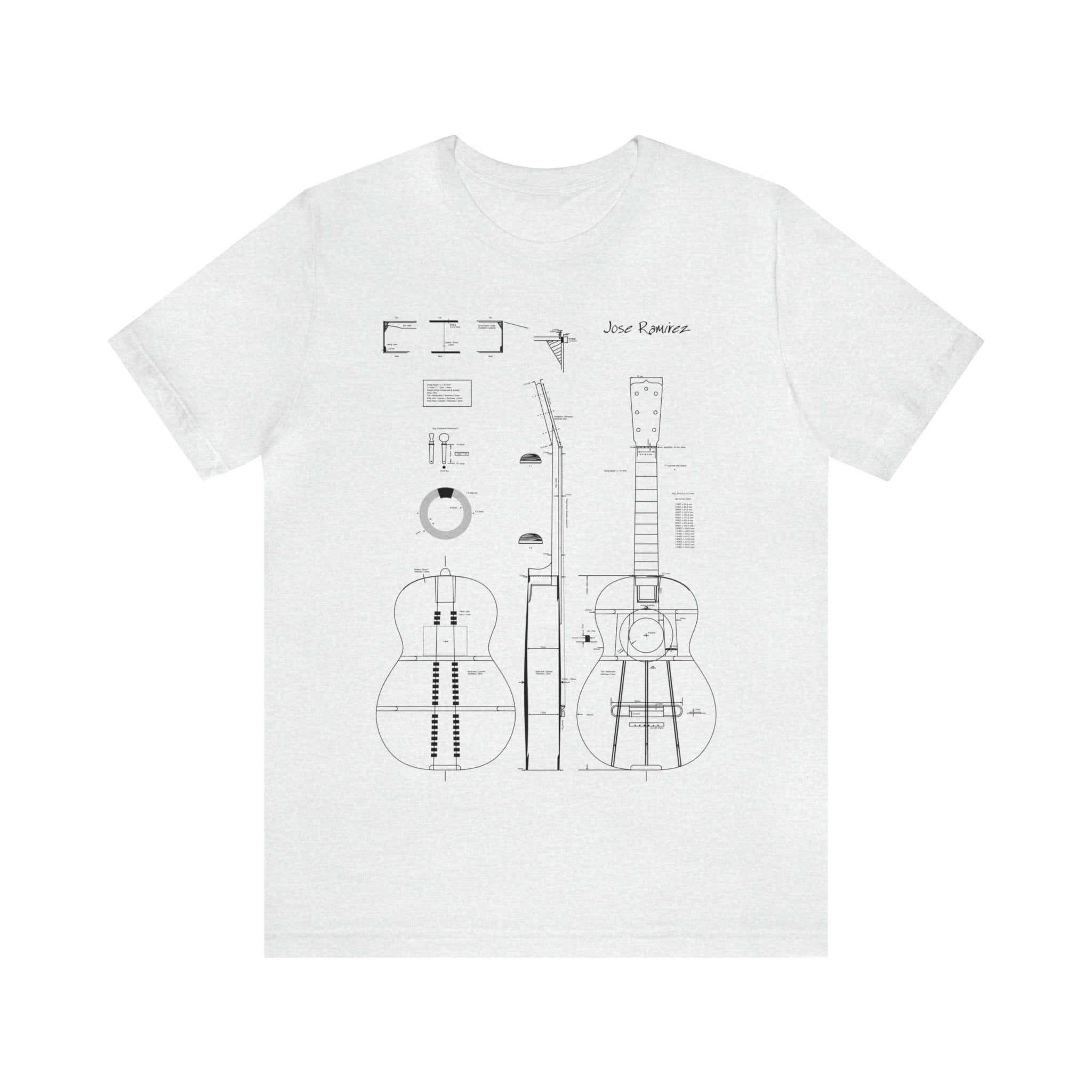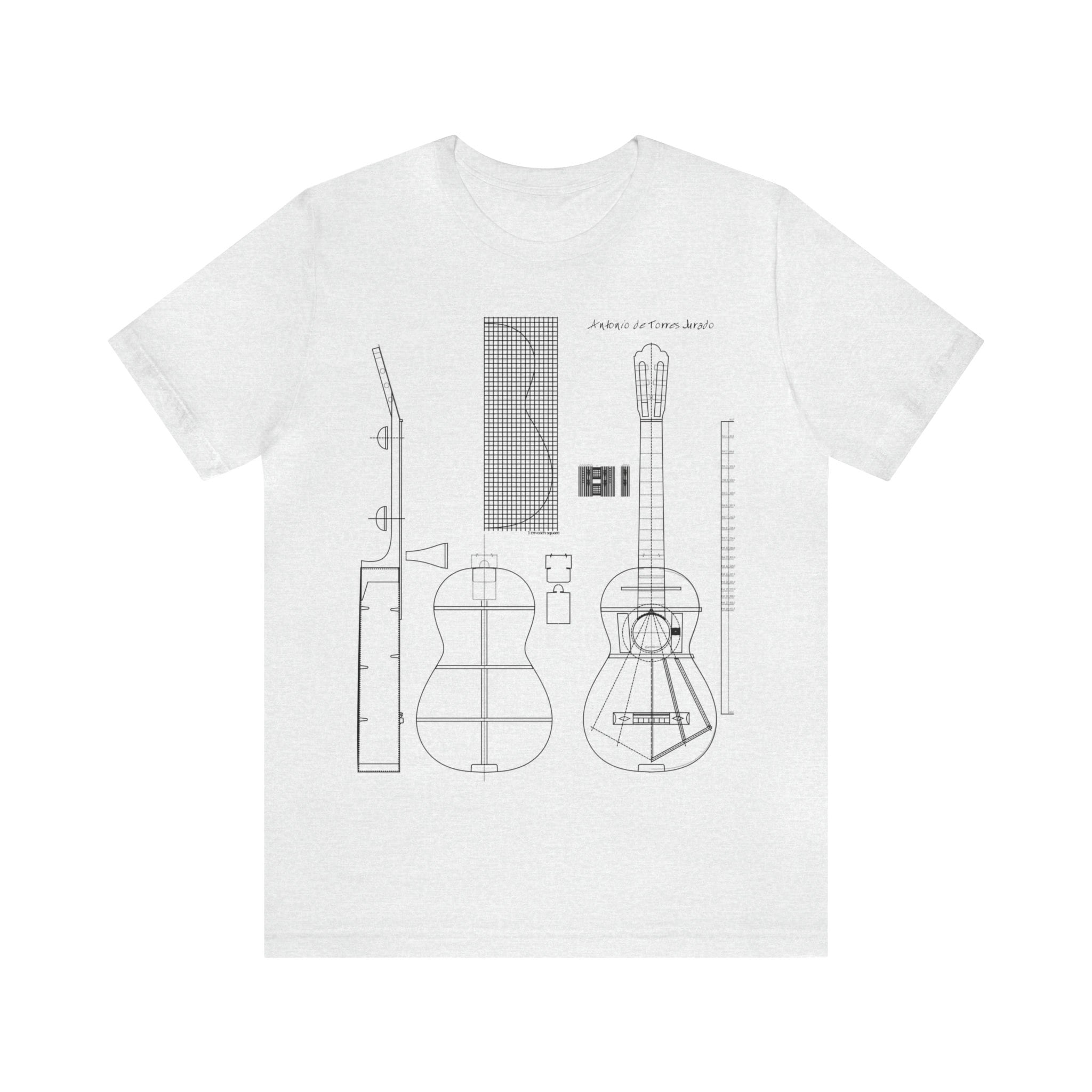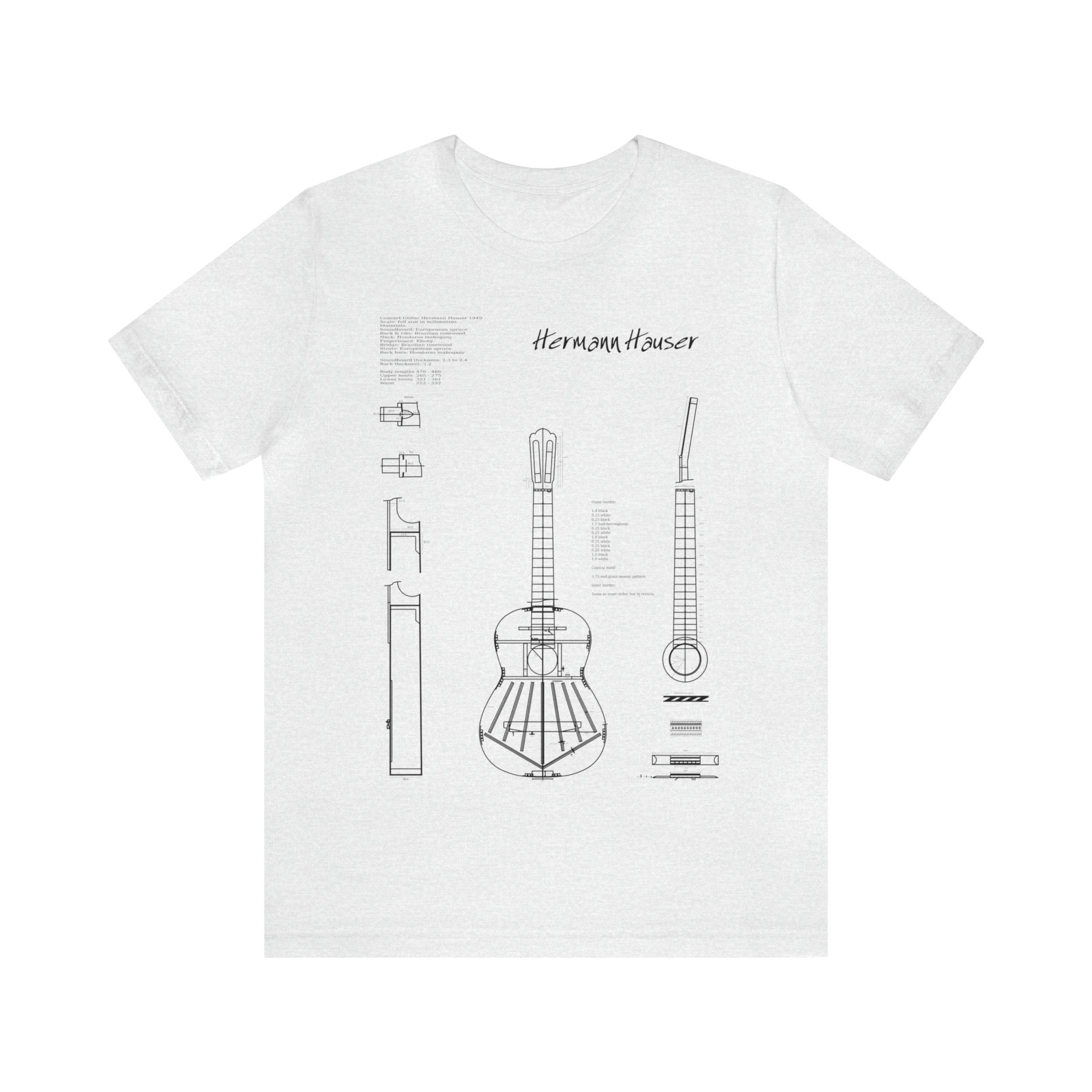The motivation to carry out a project well, sometimes could leads to considerable excesses. It is therefore essential to listen to your body in order to avoid overexertion, both muscular and neurological.
You can get used to dividing your work sessions into periods of no more than one hour, at most, and allow yourself rest periods of five to ten minutes. During these periods of relaxation, do not hesitate to perform small exercises to relax the back and shoulder muscles.
Experience shows that it is often wise to interrupt instrumental practice for a few days in order to “recharge”. It is almost always the case that after this rest, the musician notices a clear improvement in his playing.
It is important to understand that progress – whether technical or aesthetic – does not necessarily depend on hard work.
Each acquisition or progress requires a time of consolidation. During these periods (psychologically very demanding) the musician has the impression “that he is no longer progressing”. It can be assumed that, both physiologically and neurologically, the body has reached a level of saturation that prohibits any further progress. To insist in spite of everything can be extremely dangerous.
With some very simple working tool you can better organise your quotidien.
A work schedule or work notebook , will permit you to get many pieces going or I have to keep a lot of repertoire in your hands.
This method is very helpful to put some order into your practice time and keep the motivation strong.
Classical Guitar






